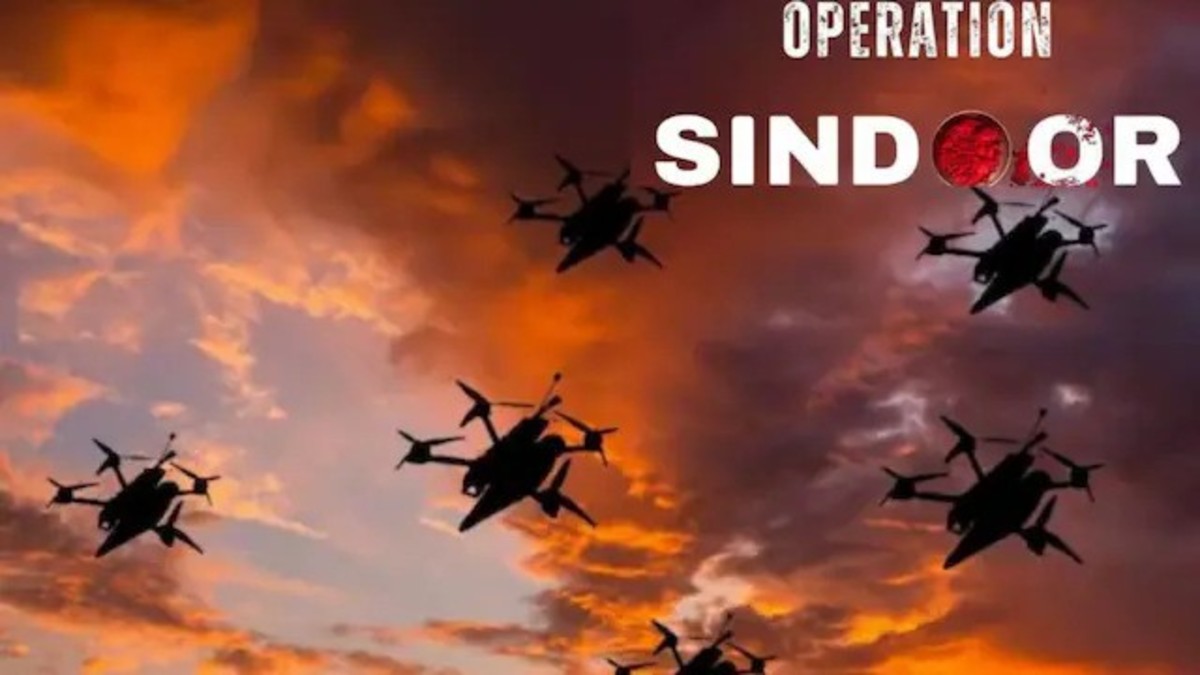It took less than 50 air-launched weapons fired by India during Operation Sindoor to compel Pakistan to seek a ceasefire, IAF Vice Chief Air Marshal Narmdeshwar Tiwari has revealed.
“We have discussed a lot about the cost-benefit, especially of air power. There is no greater example I think than what we did in Operation Sindoor. Less than 50 weapons can bring the adversary to the talking table…that is an example that needs to be studied and will be studied (by scholars),” Air Marshal Tiwari said.
Although Air Marshal Tiwari did not specify the exact weapons used during the May 7–10 clashes, the IAF deployed Sukhoi-30MKI, Rafale, and Mirage-2000 fighter jets to carry out precision strikes using BrahMos supersonic cruise missiles, along with Crystal Maze-2, Rampage, and Scalp missiles. These targeted Pakistani airbases and radar sites, some located near nuclear facilities and command and control centres.
Meanwhile, Chief of Defence Staff (CDS) General Anil Chauhan on Friday said Operation Sindoor remains active, and stressed that India’s military preparedness must stay at an exceptionally high level, 24/7 and year-round.
Delivering the keynote address at a defence seminar held at Subroto Park, General Chauhan said that future warfare will require more than conventional combat skills. Soldiers, he noted, must evolve into a blend of “information warriors, technology warriors, and scholar warriors."
The CDS said there are no runners-up in a war, and any military must be constantly alert and maintain a high degree of operational preparedness.
”An example is Operation Sindoor, which still continues. Our preparedness level has to be very high, 24×7, 365 days (a year),” Gen Chauhan said.


)

)
)
)
)
)
)
)
)



